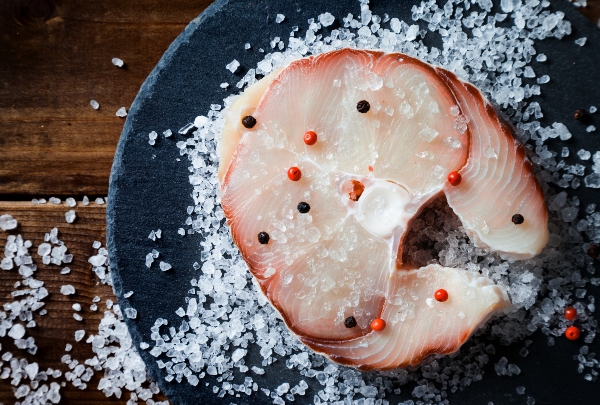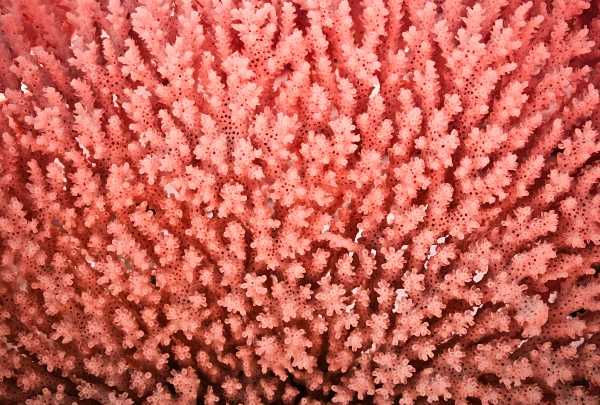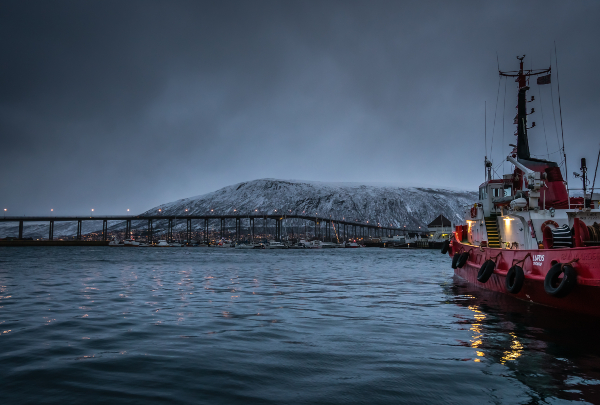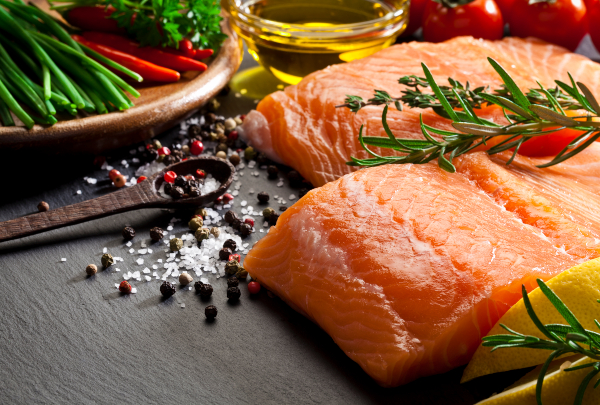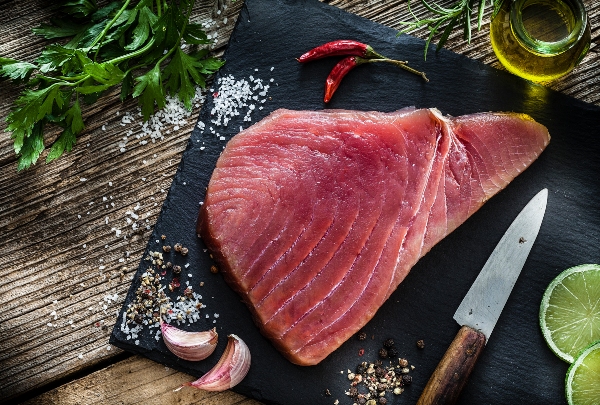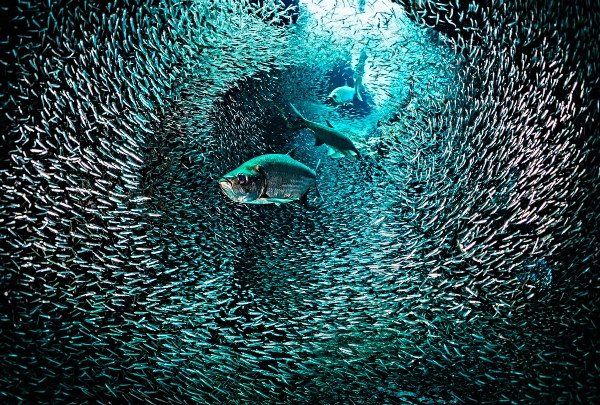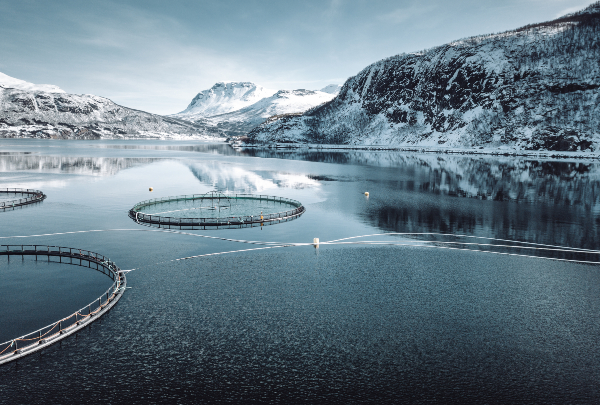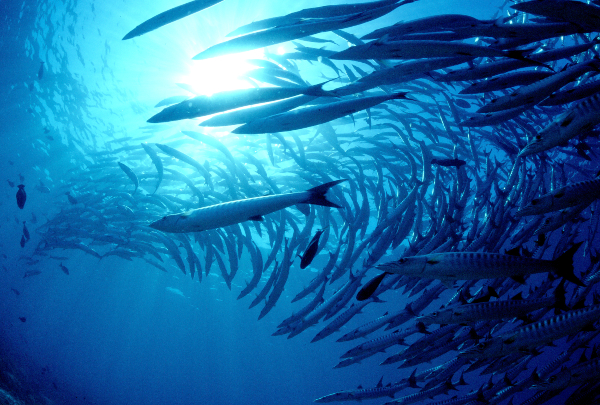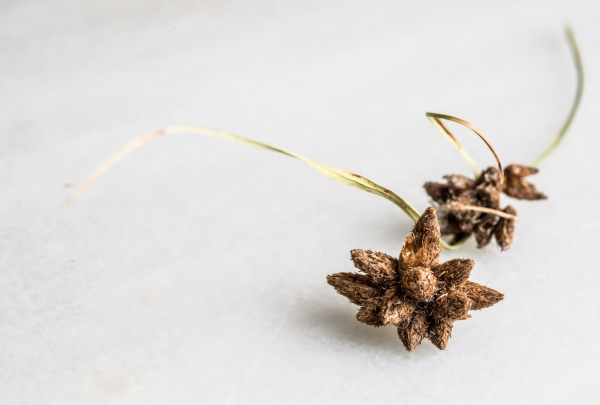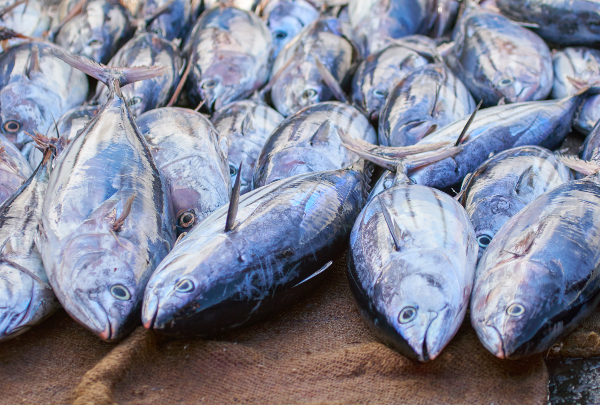News
Pristine Seas (Sartun Award): “Nature gives back five euros for every euro invested in protecting it”
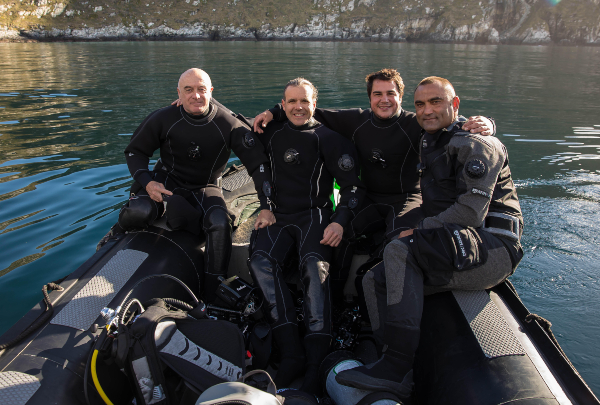
The National Geographic Society’s Pristine Seas project, which seeks to protect the oceans’ last remaining virgin places, receives Meeting of the Seas 2020’s Sartun Award.
The Spanish biologists Enric Sala and Manu San Félix – on behalf of the National Geographic Society’s Pristine Seas project – were presented with the Sartun Award 2020 on Wednesday at the 2nd Meeting of the Seas. According to Benjamín Lana, president of Vocento’s Gastronomy Division, “it’s one of the most-needed projects in the last decades”, its mission being to care for the oceans’ last remaining wild places. “Thank you so much for the impetus this award means for us to carry on for at least another ten years in pursuit of our goal – which is the same as this event’s –, that is to project the oceans”.
Pristine Seas has helped create 22 marine reserves across the world to date, mostly in the Pacific Ocean (Palau National Reserve Sanctuary, Galapagos Islands, Pitcairn Islands, the Nazca-Desventuradas Marine Park, Cape Horn, etc.) as well as the Atlantic Ocean (Portuguese Savage Islands), the Indian Ocean (Seychelles) and the Arctic Ocean (Russian Arctic Islands), covering a total of 5.8m square metres.
Enric Sala, National Geographic Explorer-in-Residence – the prestigious US society’s highest research and exploration category, which has just 15 members from across the world –, launched the project in 2008. Ten years on, with Manu San Félix as submarine cameraman since the beginning, Pristine Seas has a 25-strong team of scientists, communication specialists, politics experts and cameramen. “Our team is dedicated to filming, disseminating knowledge and protecting areas where there’s almost no human trace, to preserve truly idyllic spots”, San Félix explained.
While they do work in idyllic spots, both biologists wanted to extend their mission to other seas affected by human interference. “When a location is protected, there’s hope. In Cabo Pulmo (Mexico), for instance, the fishermen themselves decided to close the area because there were no more fish to catch. Ten years later, it had recovered and today the same fishermen are earning a lot more by fishing nearby, because they’ve turned their business towards scuba diving, which is an even more interesting financial opportunity”, Sala explains.
It's a universal truth. When an area is protected fish catches increase, and "nature gives back five euros for every euro invested in its protection, as reserves have economic, social and environmental benefits". The two biologists, who work for the world’s largest not-for-profit environmental protection organisation, want the total protected area to reach 30%, far from the current 3%. "Right now, we're only harvesting from the sea, so its Neolithic era has to come. But we won't have to sow or cultivate," said San Félix, “all we’ll have to do is wait and preserve it for it to recover and bear fruit”.
Objetive: finding the Sartun
Enric Sala and Manu San Félix closed with the promise to continue with the project for “at least” another ten years and to find and catch the first “sartun” on film. Sartun is the name of the award through which the Meeting of the Seas organisers recognise the work of an individual, group or organisation in defence of the seas. The Sartun, the event’s official mascot, is a cross between a sardine and a tuna. “If anyone can find it, that’s you”.
